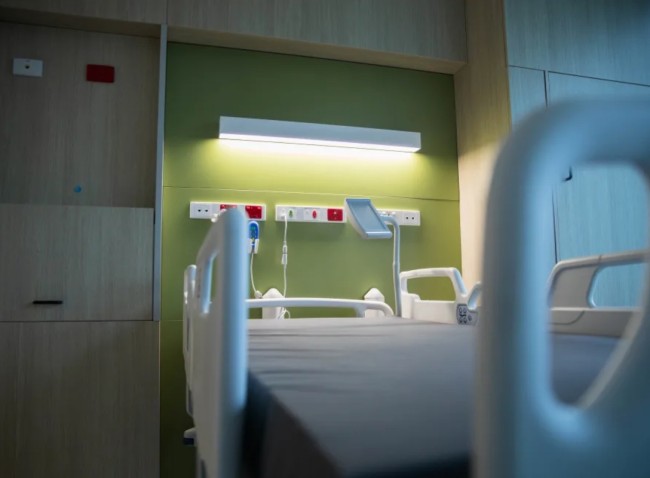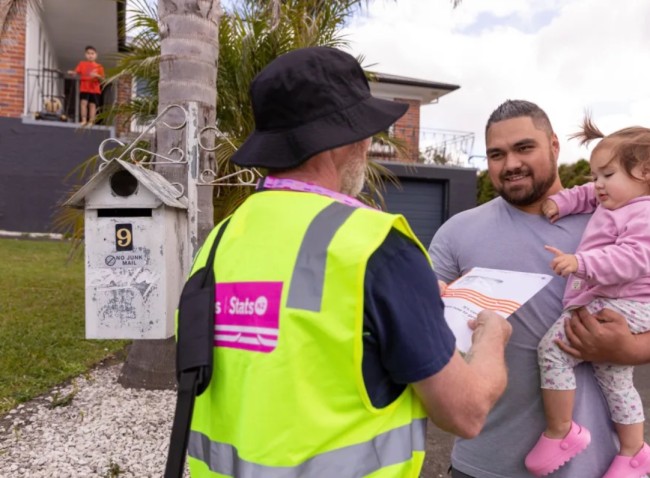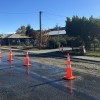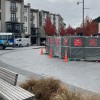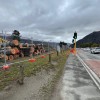
Wait for Southern cancer patient longer than life expectancy
A cancer patient in the Southern health district was told they had to wait longer to see a specialist than they had time to live, a highly critical investigation has found.
The Health and Disability Commission launched an investigation after complaints from patient advocates, but cancer services in the area have had delays and disruptions for years.
It found there was a huge psychological toll due to the wait for care, on both patients and their families.
One woman said her husband was given about six to eight weeks to live, but given a timeframe of 12 weeks to be seen by an oncologist.
"That situation had a catastrophic impact on our family," she told investigators.
The report only identifies her as "Ms A" but she was Melissa Vining, whose husband Blair Vining died from bowel cancer.
Vining told Morning Report it was "excruciatingly painful" to find out someone you love has cancer but there was a wait to find out more, she said.
"Blair was told in the ward he had a diagnosis of six to eight weeks and then a week later we were told in a letter sorry, the Southern District Health Board is operating outside the Ministry of Health timeframes and we hope to see him without eight to twelve weeks."
Blair was grateful to have health insurance which allowed him to receive treatment sooner, she said.
"For Blair, that didn't sit well that people with insurance or money could jump to the top of the list while others were left to wait, that's why he spent his time advocating for better cancer care for all New Zealanders."
Vining said she cried when she read the report.
"The people in the report aren't just numbers, they're people that I've met, they're patients and their families that literally did not receive the care that they should have."
She felt the report was comprehensive, thorough and highlighted how hard the doctors and nurses were working "in an incredibly underfunded system".
Blair Vining was not the only patient to be given a serious diagnosis and then be told - by letter only - they had to wait months for an appointment.
There was not even a contact number on the letter and patients often had no communication until an appointment was available.
Another patient advocate summed up the situation:
"People have this horrendous news that they are dealing with, they know that they've got cancer and they can't get care in a timely way and they get a letter that says 'I'm really sorry but we're operating outside of the [Manatū Hauora] Ministry of Health's recommendations'."
A small number of doctors were interviewed.
One oncologist said it was hard to capture the harm of human distress caused by waiting following a diagnosis of cancer.
"[The] trauma of that wait can[no]t be understated ... the thing which remains impossible to convey is the distress that that waiting time causes at one of the most vulnerable times," he said.
Doctors repeatedly warned managers there were not enough staff to keep up with increasing demand.
Some of the pressure was brought about by the introduction of new cancer drugs that needed extra staff to administer them.
The report found the doctors' concerns were often discounted.
Instead of extra staff, they were given a reshuffle of the system and cover for leave.
One doctor told investigators the correspondence with managers looked like "charting the course of the Titanic" because nothing was being done and the result was inevitable.
The report looked into the medical oncology, radiation oncology, and haematology services from 2016 to 2022, noting and referencing several other reports into cancer care in the region, both internal and external.
The Southern DHB was the 19th worst out of 20 DHBs in meeting waiting time targets in the year from June 2020 to June 2021.
Only two thirds of patients had their first treatment within the target time of two months after receiving a diagnosis of cancer.
One of the report's clinical advisors, oncologist Dr Chris Jackson told Morning Report the amount of suffering and harm caused by the delays was almost impossible to convey.
"If you've got somebody who is at the very worst time of their life, they're told they've got an incurable illness and they are dying, and then they get put on a waiting list, they just go into this black hole and this void where they're just waiting and waiting and waiting for the next thing to happen."
In the southern district there was an over focus on fiscal constraint instead of clinical needs, he said.
"I think this is a really hard hitting report and the health and disability commissioner really calls out the fact that previously the hospital had prioritised control of spending over patient outcomes and I think that's pretty damning really."
Jackson hoped moving to a national health system would help to manage demand in a much better way.
From April 2021, the DHB began working with the Cancer Control Agency on a recovery plan.
The situation was improving but the merging of all the DHBs into Te Whatu Ora had slowed improvements because of uncertainty about resources, the report found.
Health and Disability Commissioner Morag McDowell told Morning Report the issue was around long before the pandemic.
"Certainly Covid did feature, because of course things were becoming critical around 2020-2021 for the service, but actually the concerns had been raised since 2016."
The commissioner has made a number of recommendations, including a single point of contact for patients on the waiting list and better communication links with them, and that Te Whatu Ora must report back on how it is improving the service for the region.
"I'll be following up those recommendations and if I'm not satisfied that the recommendations have been met, I will continue to follow up," McDowell said.
Te Whatu Ora national office have to provide her with a report within three months, she said.













